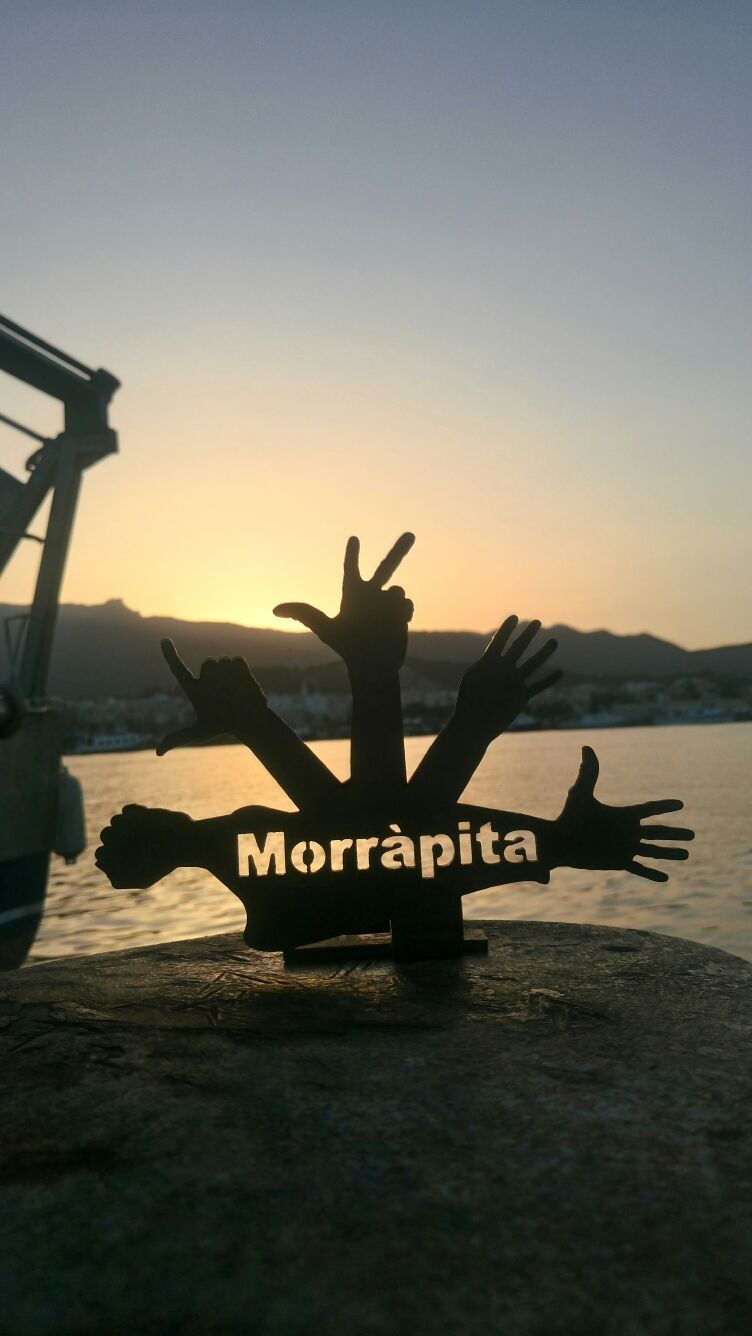Morra: the hand game which stood the test of time.
- Rafa Balagué
- 9 abr 2018
- 2 Min. de lectura
Past-time traditionally associated with pirates and sailors kept alive by association in south Catalonia
05 April 2018 03:36 PM ACN | Sant Carles de la Ràpita
Morra is a game dating back thousands of years, all the way to ancient Greece and Rome. It became traditionally associated with sailors and pirates along the way, but over the years it has grown popular beyond port bars and taverns. As is the case in the southern coastal town of Sant Carles de la Ràpita, where the Morràpita association keeps the past-time alive. As well as taking part in Morra competitions at home and away, the group is often invited to schools and colleges in order to spread the virtues of this age-old game.
Simplicity is the key
The rules are simple enough. A minimum of two players go head to head in a battle of wits. Each player must reveal their hands, holding out a certain amount of fingers, from zero to five. At the same time, they call out their guess of what the total number of fingers is. Whoever guesses correctly wins a point. For one member of Morràpita, the game’s simplicity is the key to its survival over millennia.
“As it is a counting game, and only 2 people and their hands are needed, the game has survived so long in the Mediterranean and elsewhere,” explained Rafa Balagué, spokesman for Morràpita.

In 2009, the group discovered that Morra was still popular throughout many places in the Mediterranean. This led to them travelling overseas and taking part in international Morra competitions such as Murramondo, the quintessential tournament for the game.
Getting even
Back in Roman times, the game became so popular it eventually came to be used in order to settle disputes over merchandise sales, however this practice was ultimately banned.
As the Roman Empire spread overseas, throughout Europe, North Africa, and the Near East, so did the Morra. It is still played these days in Catalonia, Greece, Croatia, Malta and, most prominently, in Italy, as well as other Mediterranean countries.
For the uninitiated, watching a game of Morra may seem like a more complex version of rock, paper, scissors. But its intricacies soon become known, making it a real spectacle leaving no doubt as to how it has stood the test of time.
For Balagué, the game can be just exciting as playing on a playstation. “The game’s addiction is as important as it is for people who watch football or video games tournaments, but you are playing face-to-face against the other person,” he said.
Balagué is such a fan, that he has also co-authored a book about Morra alongside writer David González published last month. The title takes the name of the game with a hint of wordplay. Quina Morra, literally translates to what cheek.






Comentarios